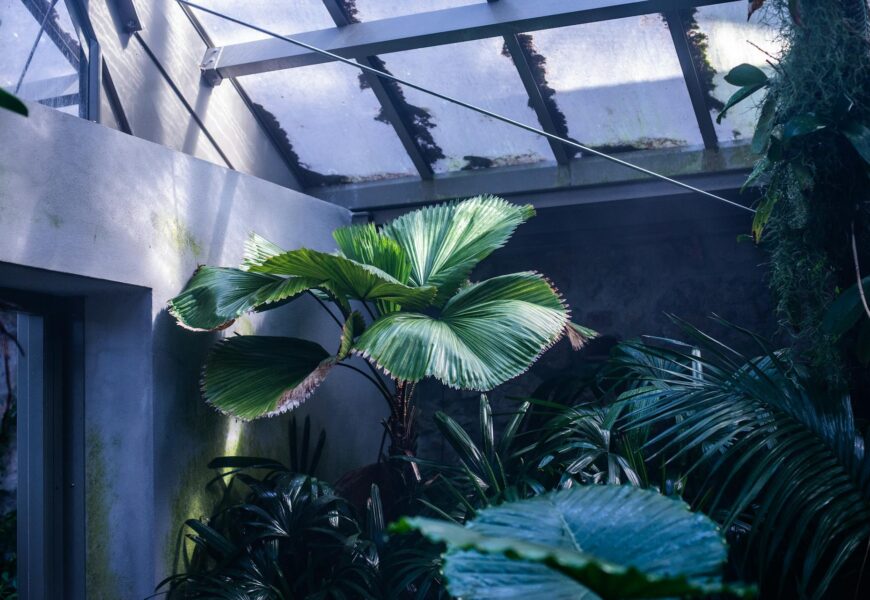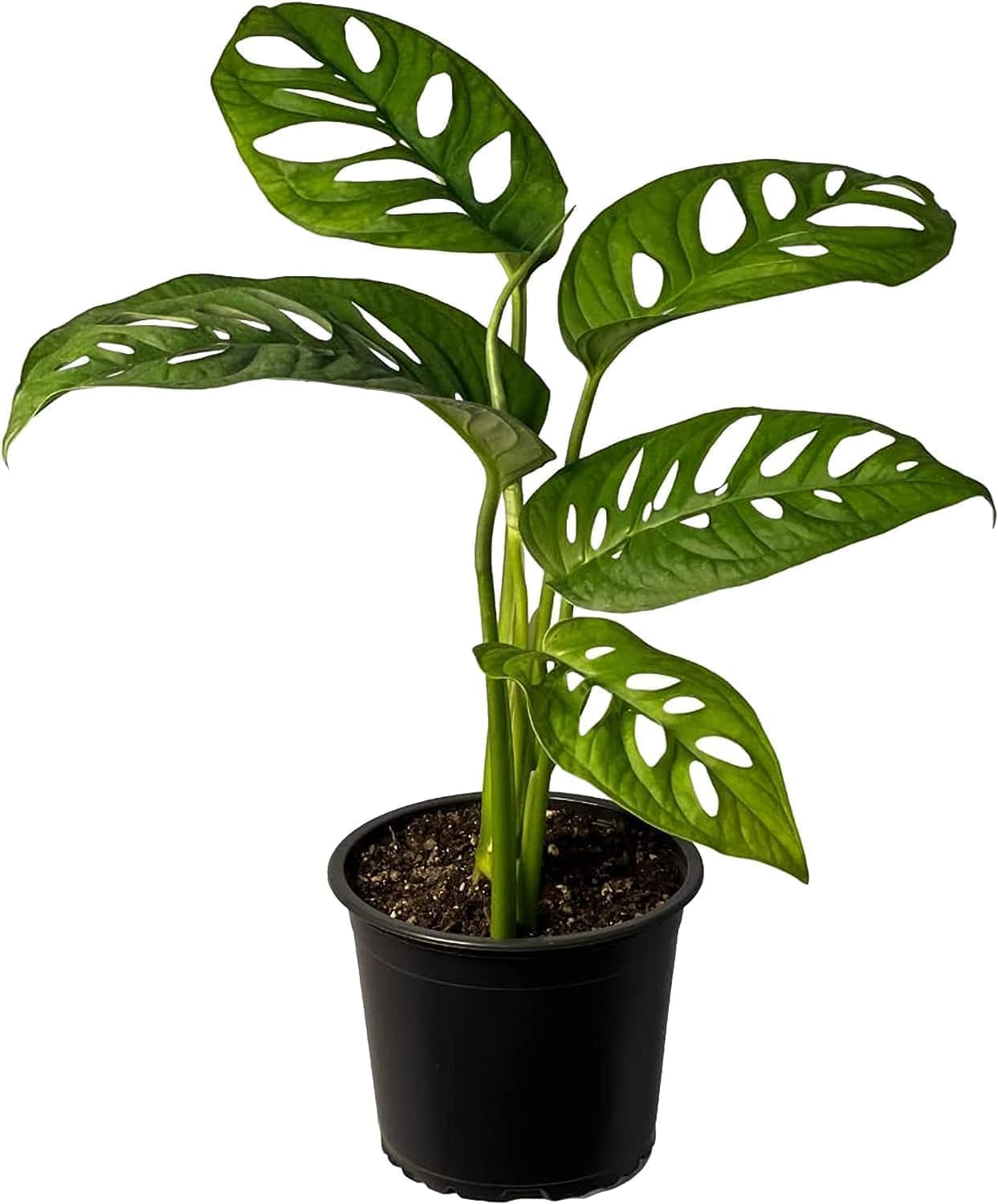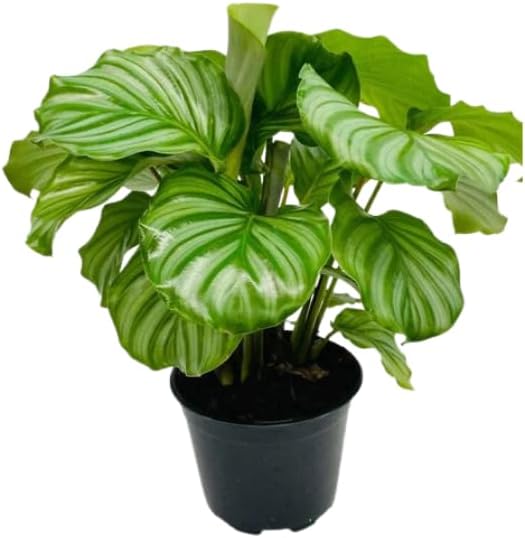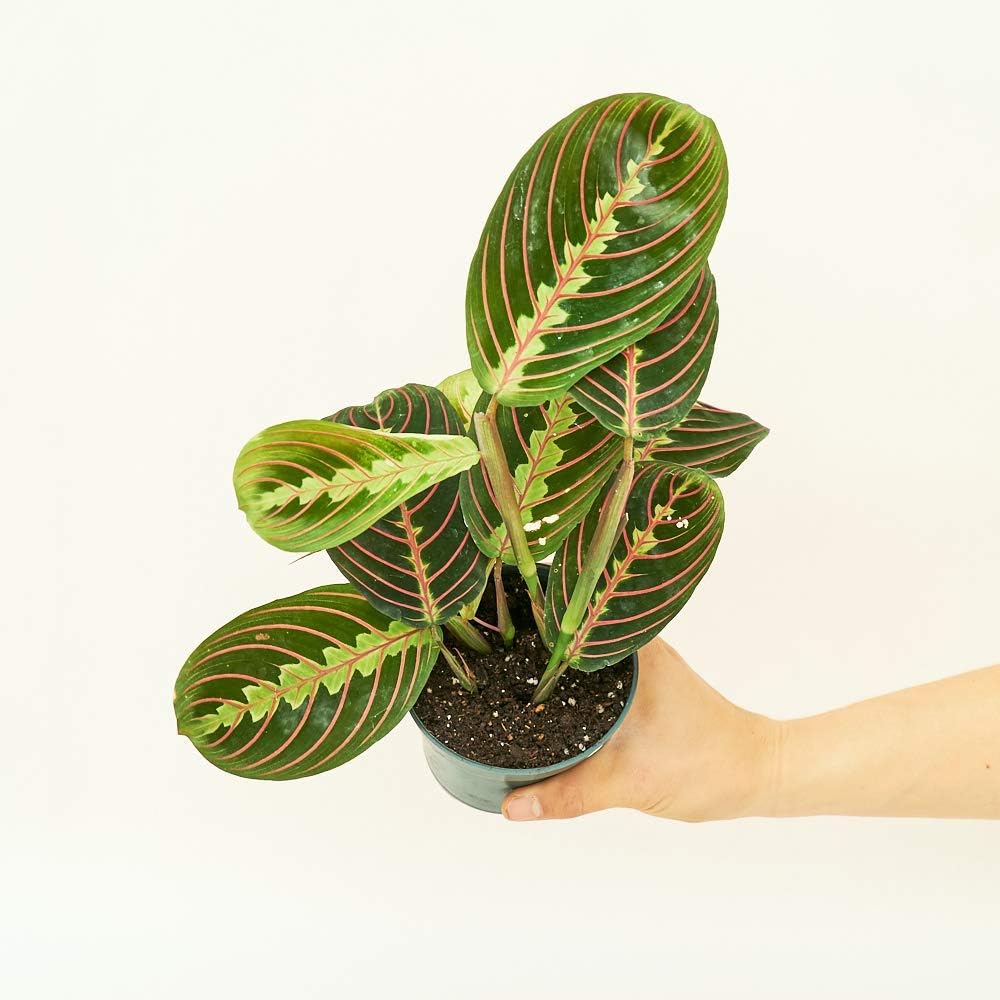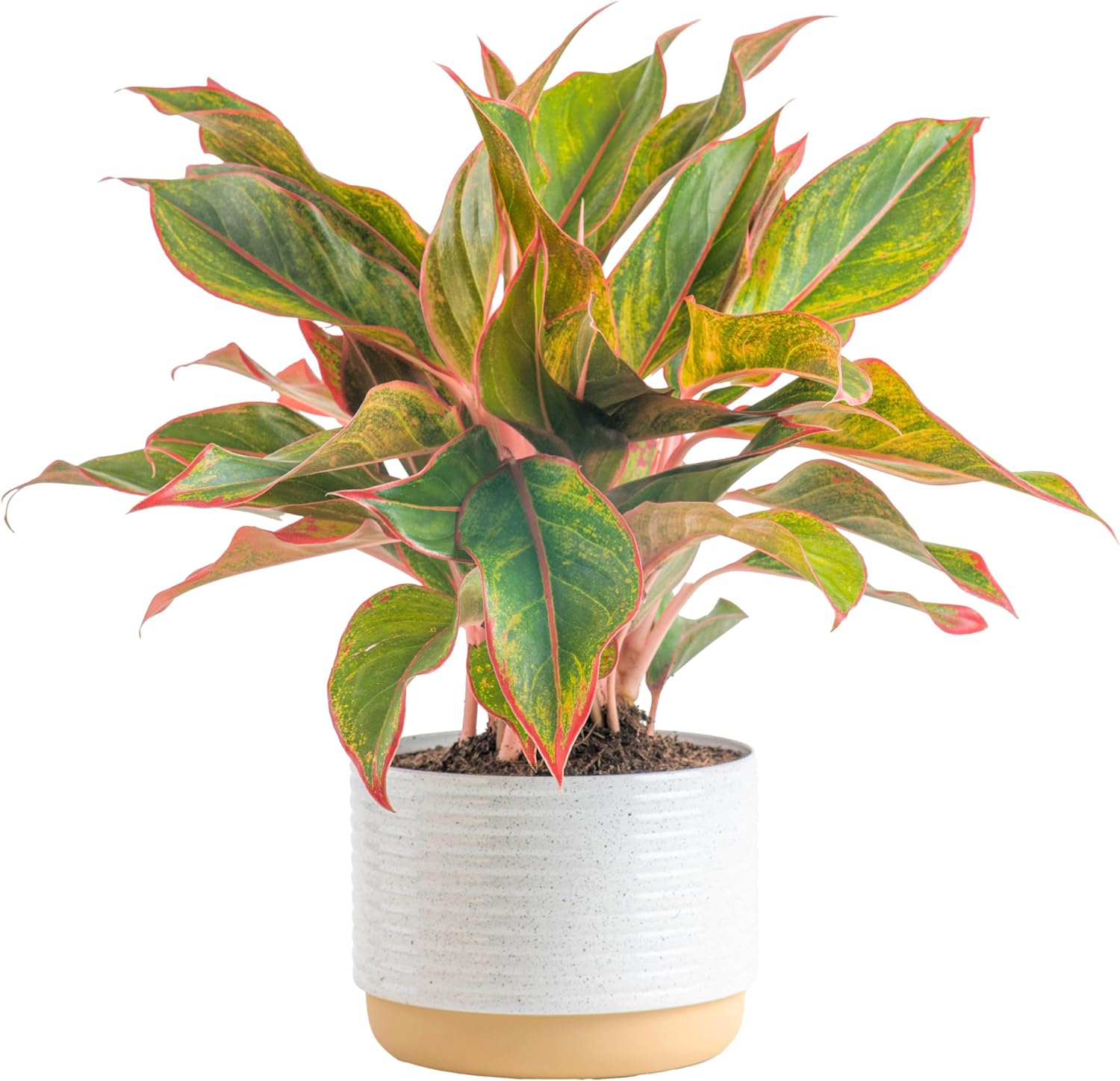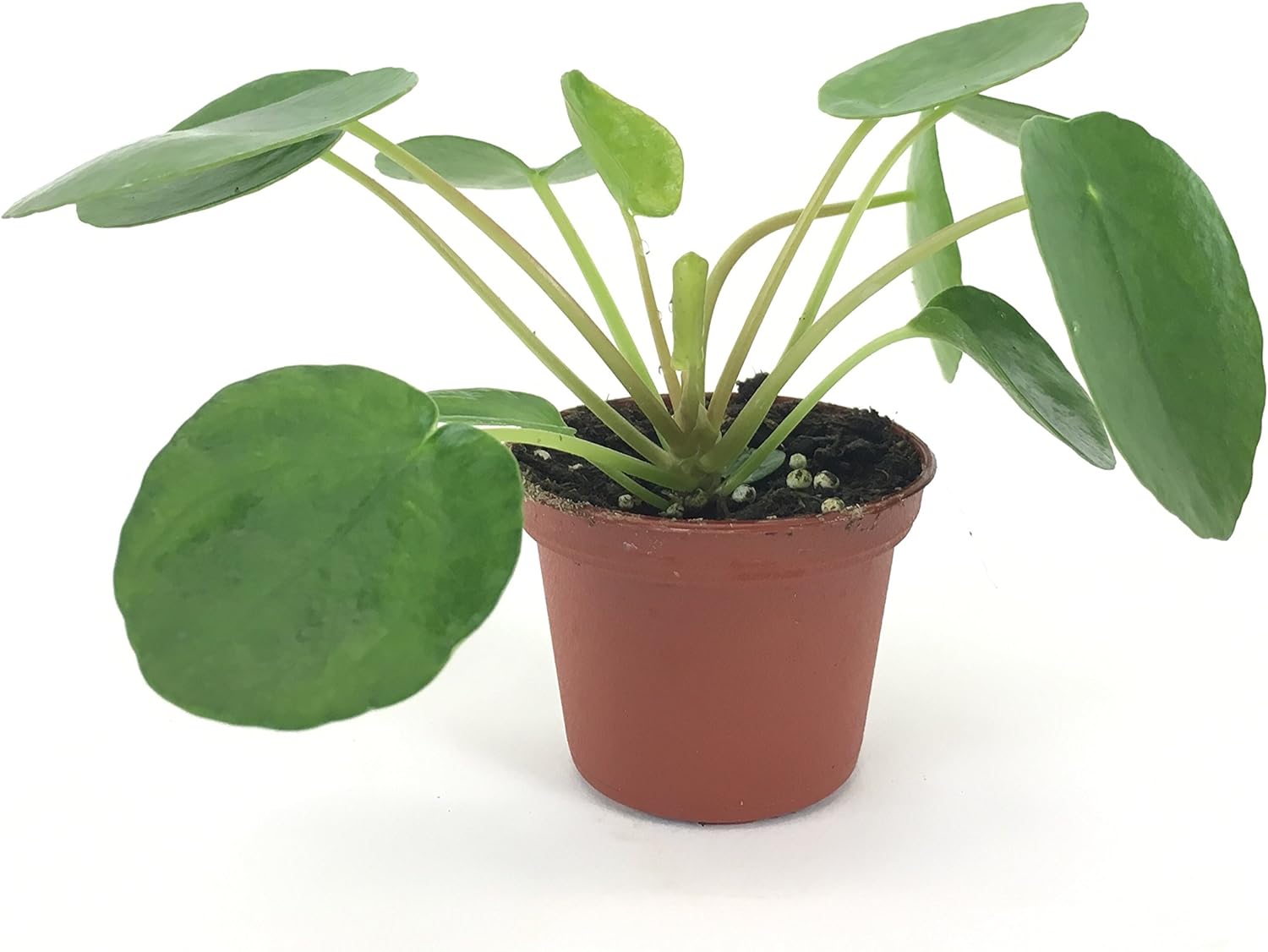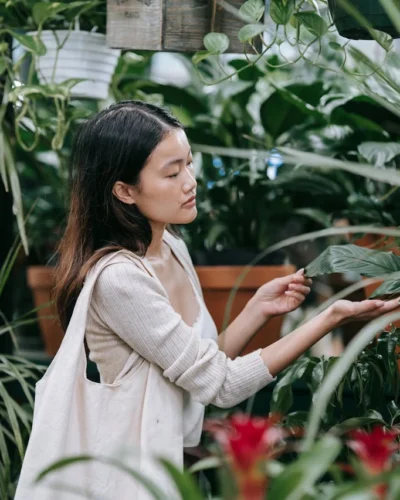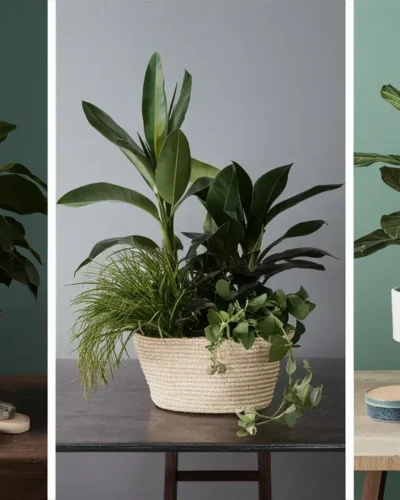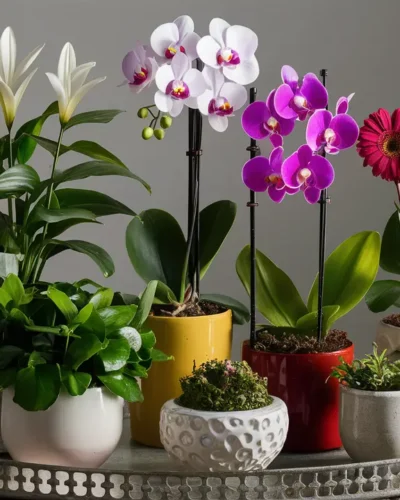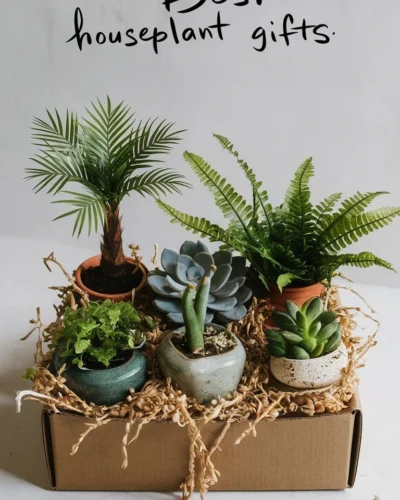Are you a plant enthusiast with a busy schedule or limited natural light in your space? Don’t worry! There are many unique and rare and low-light houseplants that not only thrive in low-light conditions but also add a touch of exotic beauty to your home.
Table of Content
Let’s dive into the best easy low-light houseplants for busy people, focusing on those special, beautiful, and rare gems.
Why Choose Unique Low-Light Houseplants?
Benefits of Rare and Unique Plants
- Exotic Beauty: Stand out with rare and stunning foliage.
- Conversation Starters: These plants are sure to catch visitors’ eyes.
- Easy Care: Perfect for those who don’t have much time for plant maintenance.
- Air Quality Improvement: Many of these plants also purify the air.
Ideal Spaces for Rare Low-Light Houseplants
- Home Offices: Add a touch of the extraordinary to your workspace.
- Bathrooms: Humidity-loving rare plants can thrive here.
- Living Rooms: Make a bold statement with unique greenery.
- Bedrooms: Create a serene and unique environment.
Top Picks for Unique Easy Low-Light Houseplants
1. Monstera Adansonii (Swiss Cheese Vine)
Known for its large, glossy leaves that have natural holes or perforations, giving them a Swiss cheese-like appearance.
Its ability to purify the air by removing toxins makes it the perfect fit for household plants.
Why It’s Great:
- Unique Appearance: Known for its perforated leaves that look like Swiss cheese.
- Low Light Tolerance: Grows well in indirect light.
- Trailing Growth: Perfect for hanging baskets or shelves.
Care Tips:
- Light: Indirect low to medium light.
- Water: Water when the top inch of soil is dry.
2. Calathea Orbifolia
- Stunning Foliage: Features large, round leaves with striking silver stripes.
- Low Light Tolerance: Prefers low to medium indirect light.
- Air Purification: Helps clean the air.
Why It’s Great:
- Stunning Foliage: Features large, round leaves with striking silver stripes.
- Low Light Tolerance: Prefers low to medium indirect light.
- Air Purification: Helps clean the air.
Care Tips:
- Light: Low to medium, indirect light.
- Water: Keep soil consistently moist but not waterlogged.
3. Maranta Leuconeura (Prayer Plant)
- Fascinating Behavior: Leaves fold up at night as if in prayer.
- Beautiful Patterns: Striking leaf patterns with red veins.
- Low Light Tolerance: Thrives in low light.
Why It’s Great:
- Fascinating Behavior: Leaves fold up at night as if in prayer.
- Beautiful Patterns: Striking leaf patterns with red veins.
- Low Light Tolerance: Thrives in low light.
Care Tips:
- Light: Low to medium, indirect light.
- Water: Keep soil moist; do not let it dry out completely.
4. Aglaonema ‘Red Siam’
Why It’s a Great Pick:
- Vibrant Colors: Stunning red and green leaves.
- Hardy Nature: Very tolerant of low light and irregular watering.
- Air Purification: Known for its air-cleaning properties.
Why It’s Great:
- Vibrant Colors: Stunning red and green leaves.
- Hardy Nature: Very tolerant of low light and irregular watering.
- Air Purification: Known for its air-cleaning properties.
Care Tips:
- Light: Low to medium, indirect light.
- Water: Allow the soil to dry out between waterings.
5. Pilea Peperomioides
- Perfect for both novice and experienced gardeners.
- Decorate your home with your family and share the joy of blooming together.
- Good gift choices.
Why It’s Great:
- Unique Shape: Circular, pancake-like leaves.
- Easy Propagation: Produces offshoots that can be easily propagated.
- Low Light Tolerance: Can thrive in low to moderate light conditions.
Care Tips:
- Light: Bright, indirect light but tolerates low light.
- Water: Water when the top inch of soil is dry.
How to Care for Unique Low-Light Houseplants
General Care Tips
- Avoid Overwatering: Many low-light plants prefer to dry out between waterings.
- Use the Right Soil: A well-draining potting mix is essential.
- Dust the Leaves: Keep leaves clean to maximize photosynthesis.
- Rotate Plants: Turn plants occasionally for even growth.
Common Issues and Solutions
- Yellowing Leaves: Often a sign of overwatering. Let the soil dry out.
- Leggy Growth: Indicates the plant is reaching for light. Move it to a slightly brighter spot.
- Brown Tips: Usually caused by low humidity or over-fertilization. Mist leaves or adjust fertilizing schedule.
Bonus Tip: Group your low-light plants together to create a mini indoor jungle! This helps them maintain humidity and adds a lush feel to your space.
FAQs
Q: Can low-light houseplants survive in a windowless room?
A: Yes, many low-light plants can survive in a windowless room, but occasional exposure to indirect light is beneficial.
Q: How often should I water my low-light houseplants?
A: It depends on the plant, but generally, watering every 1-3 weeks is sufficient. Always check the soil before watering.
Q: Are low-light houseplants safe for pets?
A: Some are, such as the Pilea Peperomioides. However, always check the plant’s toxicity before bringing it into a home with pets.
Q: Can I use artificial light for my low-light houseplants?
A: Yes, many low-light plants can thrive under artificial light. LED grow lights are an excellent option.
Conclusion
Opting for the best easy low-light houseplants for busy people doesn’t mean you have to settle for the ordinary. These unique, beautiful, and rare plants bring a touch of the exotic into your home while requiring minimal care.
Whether you’re a busy professional or a seasoned plant lover looking to add some rare beauty to your collection, these plants will thrive with just a bit of attention and care.
Embrace the extraordinary and enjoy the lush, exotic greenery in your living space!

